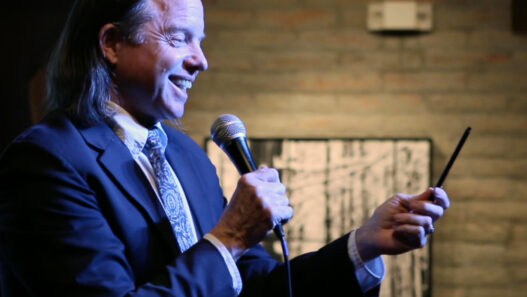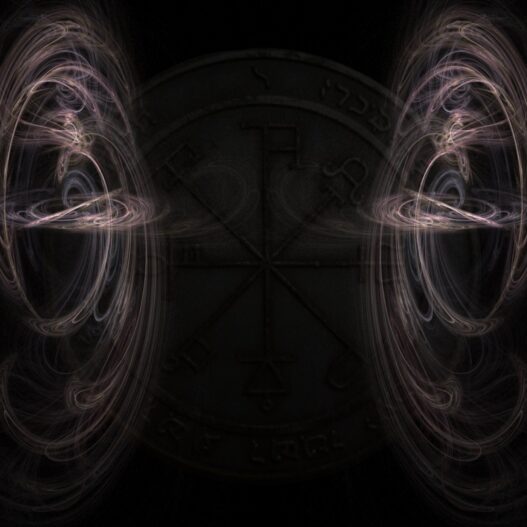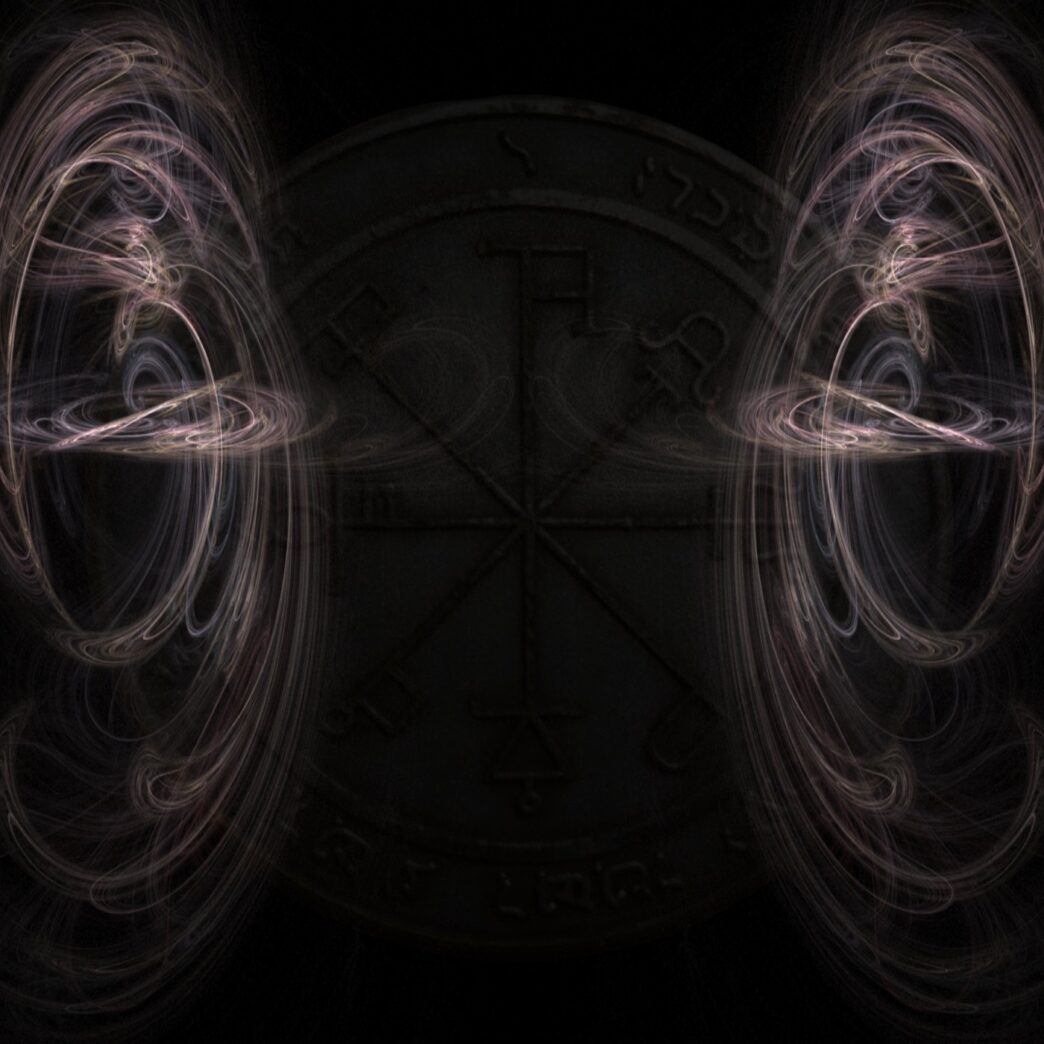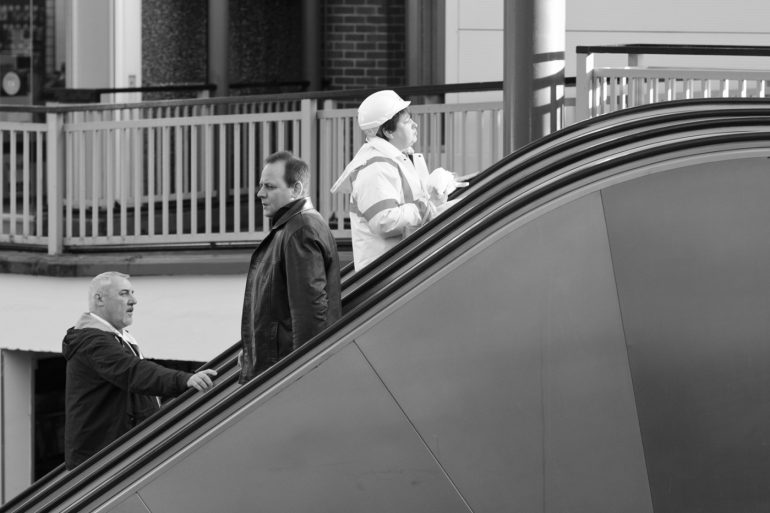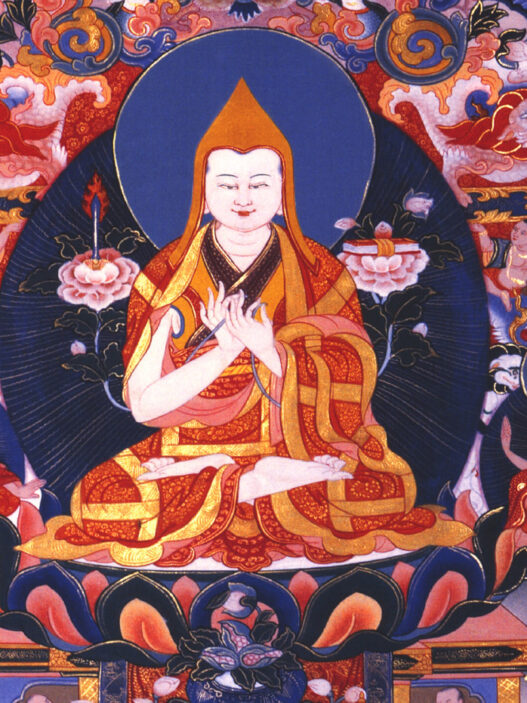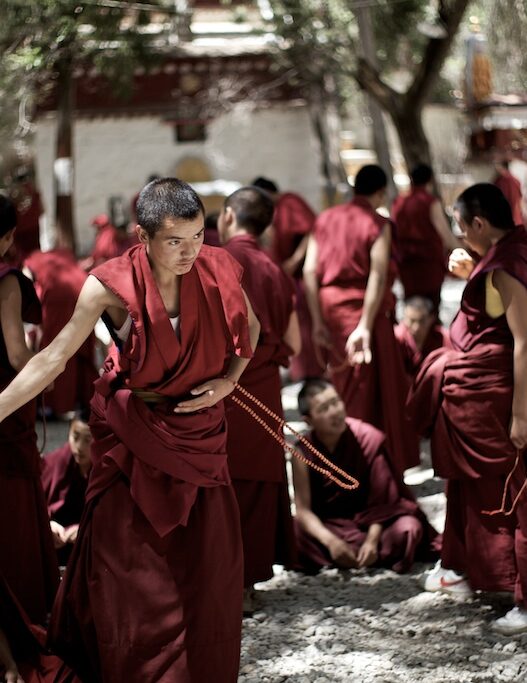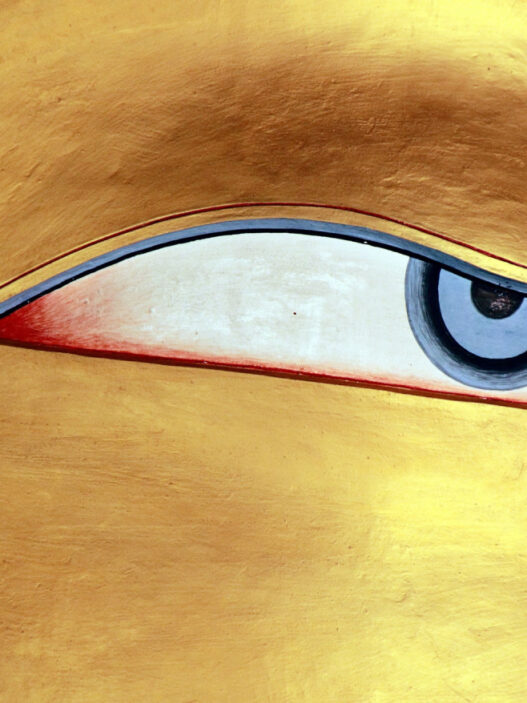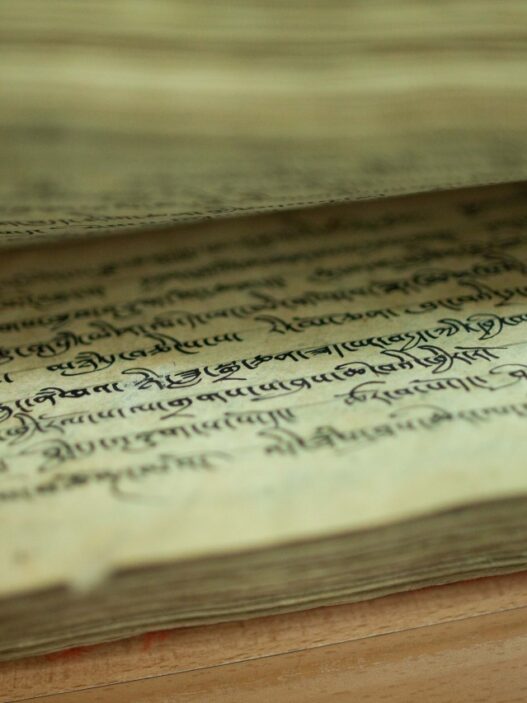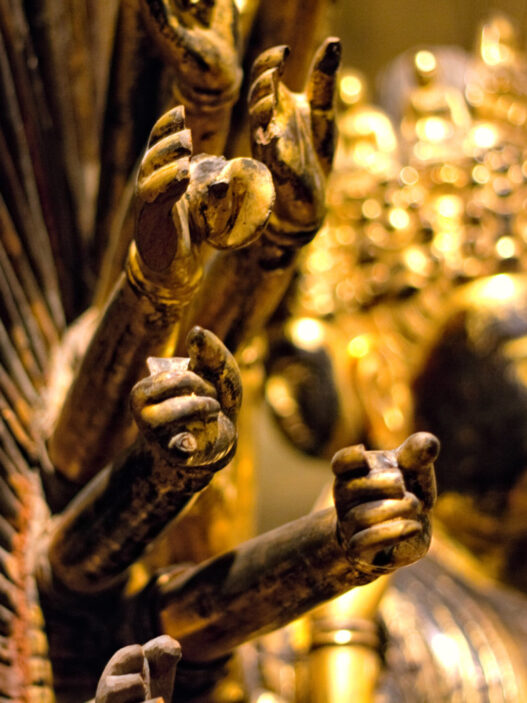A one-night course by Geshe Michael Roach in San Francisco on August 28, 1999. This teaching is about a special style of meditation called Mahamudra.
This course will be based on a teaching about Mahamudra by The First Panchen Lama and will give an introduction to Mahamudra, a discussion about the advantages of studying the emptiness of the mind, as opposed to the emptiness of objects in general, and a description of beginning Mahamudra meditation for you to incorporate into your daily meditation practice.
Course Materials
Course Materials
Download Reading
Lecture Audio
Options for Further Study
To deepen your study on the practice of Mahamudra, please refer to the following courses on The Knowledge Base:
Daily Practice Series Course 09: The Emptiness of the Mind (Mahamudra) (1999, Soquel, Geshe Michael Roach)
This meditation practice focuses on understanding ultimate reality (emptiness) on a more advanced level. Mahamudra is meditation on the ultimate nature of one’s own mind. We meditate on our mind, examining it on six different levels, each one leading to a more sophisticated understanding of our mind and its nature. Meditating on the ultimate nature of one’s own mind is an important part of a larger practice that leads to the direct perception of ultimate reality. The direct experience of ultimate reality is a key meditative realization that assures very quick enlightenment.
The Devil Debates an Angel Course Series (Geshe Michael Roach)
The Devil Debates an Angel Course Series (Geshe Michael Roach)
Sometimes we hear a voice in our head telling us to do something that might not be so good to do. We tell it to go away, and then it surprises us by talking back. What’s worse, the voice is sometimes quite convincing.
400 years ago in Tibet there lived the First Panchen Lama, very much like the Dalai Lama. He wrote poetry, he knew dance, he was the greatest thinker of his time and also managed to stop a war once, single-handedly, by walking out between the two armies.
And surely he had days that he spent arguing with the devil inside his own head. The Panchen Lama decided to record the conversation in a book, which he called The Devil Debates an Angel.
The Devil here is no slouch. Every time the Angel gives him a good answer, he comes back with a very persuasive reply.
What’s amazing is that—as we listen to the Devil and the Angel debating—we unexpectedly begin to get some new ideas about how the world around us works: why things happen to us the way they do, why we meet the people we do. By the end of the fight (we won’t tell you how it ends!), we have a lot of what we need to know to change our own life—to be happier, and make those around us happy.









